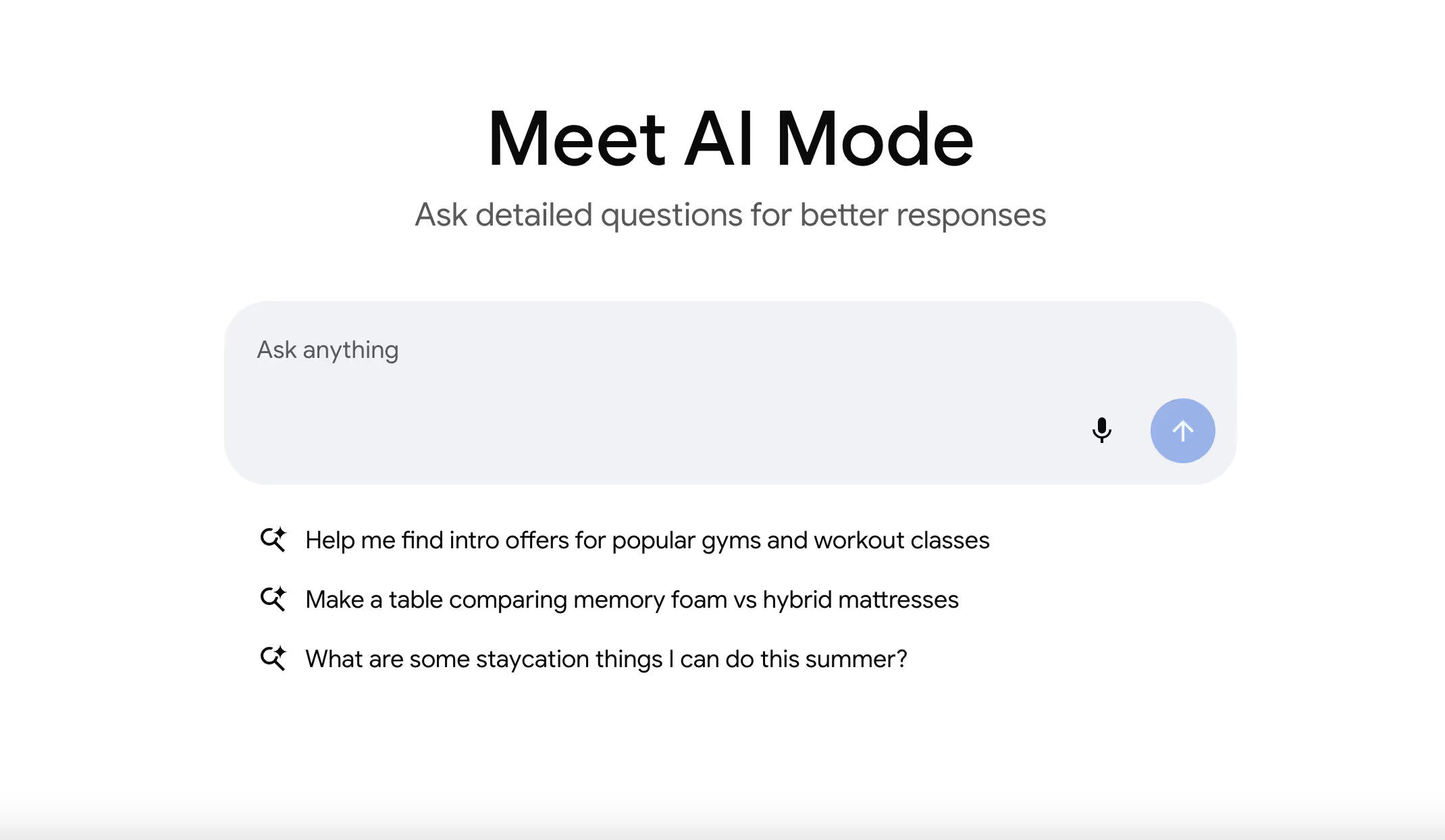On-Page vs. Off-Page SEO Key Differences and How to Use Them


If you’ve dipped your toes into the world of SEO (Search Engine Optimization), you’ve probably heard the terms “On-Page” and “Off-Page” SEO thrown around. But what exactly do these terms mean, and how do they impact your website’s performance? Let’s break it down in a way that doesn’t require a degree in rocket science.
What is On-Page SEO?
On-Page SEO refers to all the things you can do on your website to improve your ranking on search engine results pages (SERPs). It’s the stuff you control directly, like optimizing your content, structure, and HTML elements. Think of it as the foundation of your SEO strategy — it’s like setting up your home before inviting guests over.
Here’s a closer look at what’s involved:
- Content Quality and Keywords: Writing great, valuable content is still the most important part of On-Page SEO. Keywords should be used strategically (but not stuffed in there like you’re trying to stuff a Thanksgiving turkey). This helps search engines understand what your page is about and match it with relevant queries.
- Title Tags & Meta Descriptions: These are the first things people see when they find your page on Google. Make sure your title is catchy and includes the main keyword. The meta description should summarize your page in a few sentences, with keywords that reinforce its relevance.
- Header Tags (H1, H2, etc.): These help organize your content and guide both readers and search engines. Think of them like chapters in a book — they tell search engines (and your visitors) what your page is about.
- URL Structure: Keep URLs short, sweet, and descriptive. For example, www.yoursite.com/seo-guide is more user-friendly and SEO-friendly than www.yoursite.com/page1?id=123.
- Mobile Friendliness & Site Speed: Google loves websites that are mobile-friendly and fast. A slow website is like a snail at a race — no one’s going to want to stick around.
What is Off-Page SEO?
Off-Page SEO, on the other hand, focuses on activities that happen outside of your website to help boost your ranking. This is where things get a little more social, involving elements like backlinks, social media presence, and brand mentions.
While you don’t have direct control over Off-Page SEO (like you do with On-Page SEO), you can still influence it in a big way. Here’s how:
- Backlinks: A backlink is when another website links to your page. Think of it like a vote of confidence from another site saying, “Hey, this content is awesome!” The more high-quality backlinks you have, the more credible and authoritative your site appears in the eyes of search engines.
- Social Media Shares & Engagement: Search engines also pay attention to social signals. If people are sharing your content and talking about your brand, it shows you’re doing something right. While it’s not a direct ranking factor, social media can drive traffic and indirectly improve your SEO efforts.
- Brand Mentions: Even if someone doesn’t link to your website but mentions your brand online, it counts! Google views brand mentions as a sign of authority and trustworthiness.
- Local Directory Listings: For businesses, getting listed in relevant local directories is a must. These directories (such as Google My Business, Yelp, Yellow Pages, and others) help establish your presence in your community and make it easier for customers to find you. Local directory listings also improve your local SEO, signaling to Google that you’re an established business in your area. Be sure to keep your information consistent across all listings to build trust with both search engines and potential customers.
- Guest Posts & Influencer Marketing: These are powerful ways to get backlinks from reputable sources. Collaborating with influencers or writing guest posts on industry blogs can send traffic your way while boosting your site’s authority.
The Key Differences: On-Page vs. Off-Page SEO
Now that we know what each entails, let’s compare the two:
- Control: With On-Page SEO, you have complete control over your content, keywords, and website structure. Off-Page SEO is a bit more outside your hands, relying on third-party sources to help you build authority.
- Focus: On-Page SEO is all about optimizing the user experience and making sure your content is as search-engine-friendly as possible. Off-Page SEO is about building credibility, trust, and getting recognized by others in your industry.
- Impact on Ranking: On-Page SEO is the cornerstone of your SEO efforts. It helps search engines understand your content and determine its relevance. Off-Page SEO boosts your domain authority, which is like earning credibility points from other sites and users.
How to Use On-Page and Off-Page SEO Together
So, how do you leverage both of these to improve your SEO game?
- Start with On-Page SEO: Before you worry about building backlinks and getting social shares, make sure your website is in tip-top shape. Ensure that your content is optimized for both users and search engines, and that your website is mobile-friendly and fast.
- Create High-Quality Content That’s Worth Sharing: The best way to get backlinks is to create content that others want to link to. Think in-depth guides, helpful tutorials, or entertaining blog posts that get people talking.
- Promote Your Content: Share your blog posts, videos, and other content on social media. The more people see it, the higher the chances are that someone will link back to it, helping with Off-Page SEO.
- Engage in Link-Building Activities: Consider reaching out to reputable sites in your niche for guest posting opportunities, collaborations, or even just asking for a backlink if your content adds value.
- Monitor and Adapt: SEO isn’t a “set it and forget it” strategy. Use tools like Google Analytics to track your progress and adjust your strategy accordingly.
On-Page and Off-Page SEO are like two sides of the same coin. On-Page is where you lay the groundwork, and Off-Page is where you build your reputation. Both work hand-in-hand to help your website climb the SERPs. By focusing on both aspects of SEO, you’ll have a well-rounded strategy that boosts both your rankings and your visibility.
Remember, SEO is a marathon, not a sprint. Keep optimizing, keep building relationships, and most importantly — keep creating amazing content that your audience loves!
Happy optimizing!










